Taking a Master’s in Literacy Education or Teaching Reading offers significant professional, pedagogical, and financial advantages. This advanced degree not only enhances instructional effectiveness but also opens doors to specialized roles and increased funding opportunities, especially for programs aligned with the Science of Reading.
In recent years, the Science of Reading has gained widespread recognition as a research-based approach to literacy instruction. Grounded in decades of cognitive science and educational research, the Science of Reading emphasizes explicit, systematic teaching of foundational skills such as phonemic awareness, phonics, vocabulary, fluency, and comprehension. Many states now require or strongly encourage school districts to adopt curricula and professional development aligned with these principles.
State funding for Science of Reading-linked programs has surged in response to legislative mandates and accountability measures. Numerous states—including Texas, Tennessee, and Ohio—have earmarked substantial funds to support teacher training, curriculum adoption, and literacy intervention programs specifically built around the Science of Reading. For educators enrolled in Master’s programs that incorporate these frameworks, access to scholarships, tuition reimbursement, and grant-funded fellowships is often available. These financial incentives reduce the personal cost of advanced study and underscore the value placed on scientifically grounded literacy instruction at the policy level.
A Master’s in literacy education equips educators with the latest instructional strategies and assessment tools. Graduate coursework covers topics such as diagnostic reading assessment, differentiated instruction, intervention planning, and literacy leadership. This advanced training enables teachers to identify and address the diverse needs of struggling readers, implement effective interventions, and monitor progress with precision.
Graduates often serve as reading specialists, literacy coaches, or curriculum coordinators—roles that allow them to influence school-wide literacy practices and mentor colleagues. The expertise gained from a Master’s program empowers educators to bridge achievement gaps and cultivate a classroom culture where every student can thrive as a reader and writer.
Through this training, educators are better prepared to foster inclusive, equitable classrooms where multilingual learners are empowered to succeed. Master’s graduates can advocate for language access policies, collaborate with families, and design interventions that honor students’ home languages while building English literacy. With state funding supporting Science of Reading initiatives and a growing emphasis on literacy outcomes for multilingual learners, the time is right to enhance your skills and become a leader in literacy education.
Selected Programs


Institution: Bank Street College of Education
Program Titles: Master of Science in Dual Language/Bilingual Education, Master of Science in TESOL
Degree Type: M.S.Ed.
Format: In-person
Location: New York, NY
Website: graduate.bankstreet.edu


Institution: Black Hills State University
Program Title: Master of Education in Reading
Degree Type: M.Ed.
Format: Online (asynchronous)
Location: Spearfish, SD
Website: https://bhsu.edu/academics/programs/master-of-education-in-reading.html
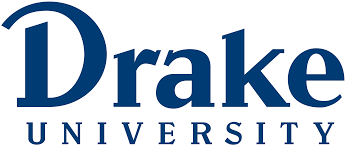

Institution: Drake University
Program Title: Master of Science in Literacy Education
Specializations: K-8 Reading, 5-12 Reading, K-12 Reading Specialist
Degree Type: M.S.E.
Format: In-person, online, hybrid
Location: Des Moines, IA
Website: https://www.drake.edu/literacy/
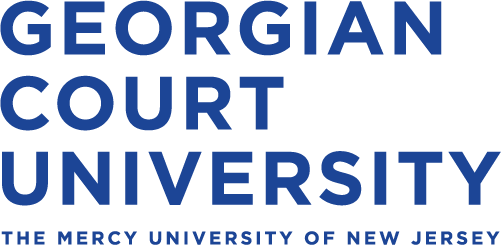

Institute: Georgian Court University
Program Title: Master of Education in Multisensory Literacy
Specialization: Reading Specialist, ESL, Teacher of Students with Disabilities
Degree Type: M.Ed.
Formats: Online, hybrid
Location: Lakewood, NJ
Website: https://georgian.edu/academics/graduate-programs/education/multisensory-literacy-online/


Institution: Harding University
Program Title: Master of Education in Reading
Specialization: Dyslexia
Degree Type: M.Ed.
Format: Online, hybrid
Location: Searcy, AR
Website: https://www.harding.edu/education/graduate-programs/graduate-education/hu-master-in-education-reading-dyslexia.html
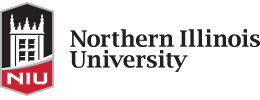

Institution: Northern Illinois University
Program Title: Master of Science in Literacy Education
Specializations: K-12 Reading Specialist, Reading Teacher
Degree Type: M.S.Ed.
Format: Online (synchronous)
Location: DeKalb, IL
Website: https://www.cedu.niu.edu/c-and-i/academic-programs/masters-literacy-education-reading.shtml


Institution: Southern Oregon University
Program Title: Master of Science in Reading and Literacy
Specialization: Reading Intervention
Degree Type: M.S.Ed.
Format: Online
Location: Ashland, OR
Website: https://online.sou.edu/degrees/education/msed/reading-literacy/
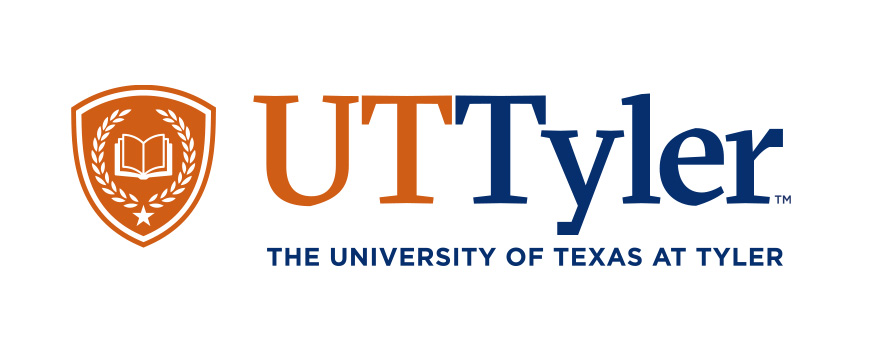

Institution: The University of Texas at Tyler
Program Title: Master of Education in Reading
Specializations: Literacy Coaching, Dyslexia Diagnosis & Intervention
Degree Type: M.Ed.
Format: Online
Location: Tyler, TX
Website: https://www.uttyler.edu/academics/colleges-schools/education-psychology/departments/education/graduate/masters-reading/
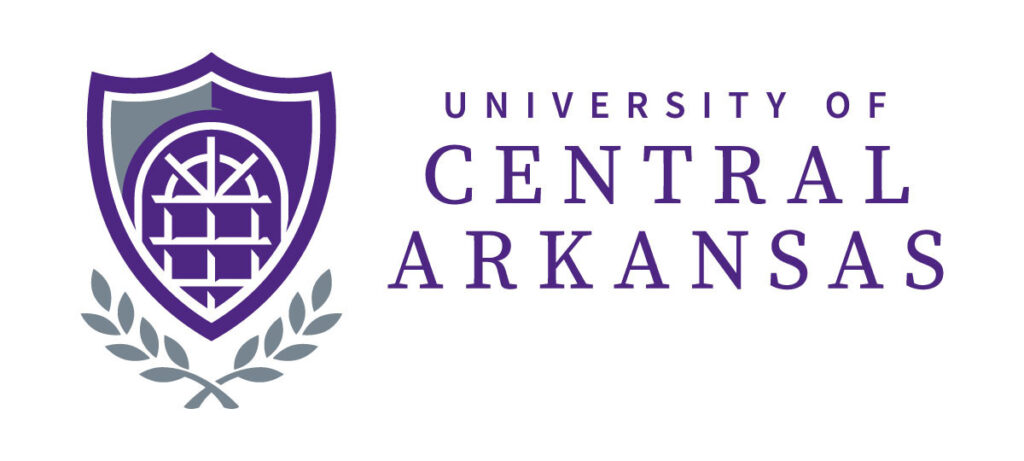

Institution: University of Central Arkansas
Program Title: Master of Science in Literacy
Specialization: Dyslexia
Degree Type: M.S.E.
Format: Online (asynchronous)
Location: Conway, AR
Website uca.edu/else/readingprogram


Institution: University of Nevada, Reno
Program Title: Master of Education in Reading Curriculum and Instruction
Specialization: Nevada Reading Specialist
Degree Types: M.Ed.
Format: Online (asynchronous)
Location: Reno, NV
Website: https://www.unr.edu/education/degrees/master-degrees/literacy-studies/reading-curriculum-and-instruction-med


